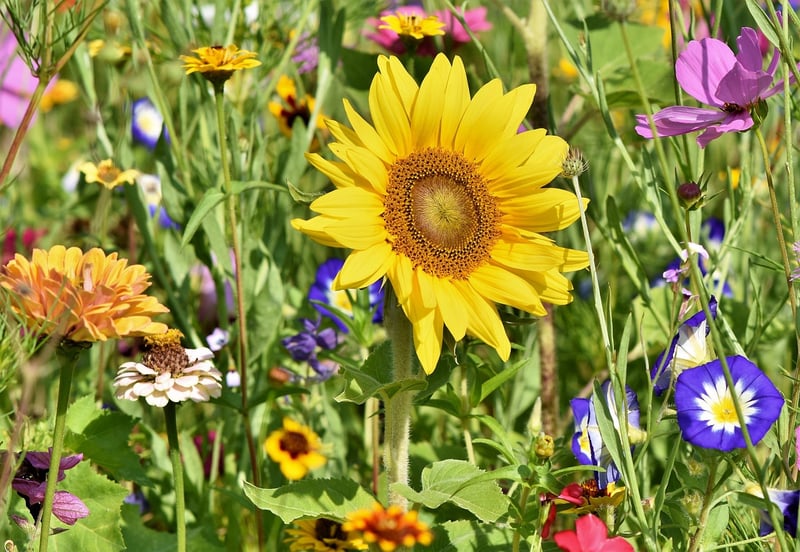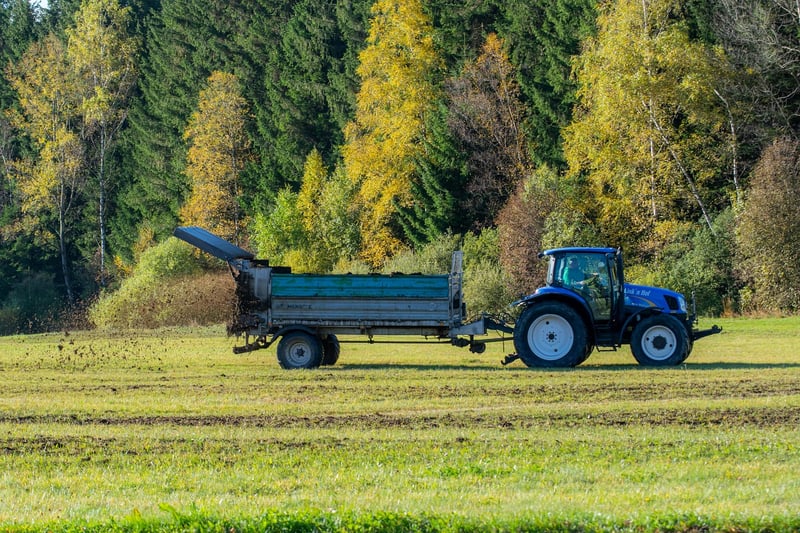Fertilizing
Keeping Your Garden Healthy: The Importance of Fertilizing
Having a healthy garden not only adds beauty to your home but also promotes a thriving ecosystem for plants and beneficial insects. One essential practice for maintaining a vibrant garden is proper fertilization. Fertilizing provides plants with the necessary nutrients to grow strong, resist diseases, and produce abundant flowers or fruits.
Why Fertilize Your Garden?
Plants require essential nutrients like nitrogen, phosphorus, and potassium to support their growth and development. While soil naturally contains some of these nutrients, they can become depleted over time due to plant uptake or leaching. Fertilizing replenishes these nutrients, ensuring that your plants have what they need to flourish.
Types of Fertilizers
There are various types of fertilizers available, including:
- Organic Fertilizers: Derived from natural sources like compost, manure, or bone meal.
- Synthetic Fertilizers: Manufactured to provide specific nutrient ratios for different types of plants.
- Slow-Release Fertilizers: Gradually release nutrients over an extended period, reducing the risk of overfertilizing.
When to Fertilize
The timing of fertilization depends on the type of plants and the fertilizer used. In general:
- Annual Flowers and Vegetables: Fertilize at planting and periodically throughout the growing season.
- Perennials: Apply fertilizer in early spring before new growth emerges.
- Lawns: Fertilize in early spring and fall for a lush, green lawn.
Best Practices for Fertilizing
To ensure effective fertilization and prevent issues like nutrient runoff, follow these best practices:
- Read and follow the instructions on the fertilizer package carefully.
- Water your plants before and after fertilizing to help nutrients reach the roots.
- Avoid overfertilizing, as it can harm plants and leach excess nutrients into the environment.
- Consider soil testing to determine specific nutrient deficiencies and tailor your fertilizer application accordingly.
By incorporating proper fertilization practices into your gardening routine, you can promote the health and vitality of your plants while contributing to a more sustainable garden ecosystem.

Remember, a well-fed garden is a happy garden!
